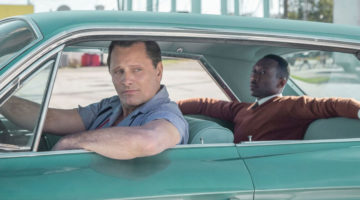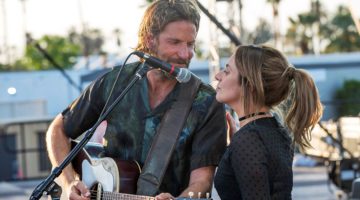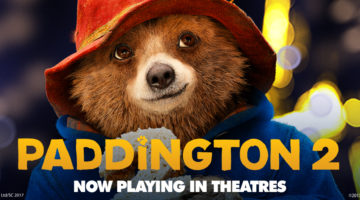Review: Life, Animated
At a certain point, though it is difficult to pinpoint this point with exact certainty, Roger Ross Williams’ film Life, Animated attains a sort of circular element.
At its core, this is a film in which we experience meaning by watching Owen Suskind experience meaning through watching films, specifically, Disney animated features. In the early part of the film, there is an extended sequence showing the audience watching Owen watching Peter Pan. The narrative turns back on us, as the parallelism between Owen’s story and Peter’s story converge, which then turns back on us, the viewer.
This approach often feels manipulative, especially in a story in which Owen has Autism, and the film is played entirely straight and free from self-reflective distancing, a more and more common approach in documentary. And yet, in a way, the entire film construct is self-reflective, which is especially poignant considering that many animated sequences exist to extend the narrative, and that they are animated in a different style than the Disney films which Owen favours.
In its essential retelling, the film suggests that Owen can unlock the secrets to discovering acceptance through Disney animated films, a novel and interesting approach. The initial point of contact is a hand puppet constructed by Owen’s dad Peter Suskind, a noted journalist and author. Then, the tale progresses into an awareness and understanding achieved through Owen’s love of the film Aladdin, and especially the traitorous Iago, which is especially interesting when considering Iago shares a name with the complex Shakespearean character from Othello, (Iago famously utters the line “I am not what I am”). The joy that Owen shows when Gilbert Gottfried emerges to read lines from his parrot character is a major highlight.
The closing scene of the film highlights a montage of Disney animated films and not Owen, though his voice remains. The final shot of the film is of another film, though one that surprises as it seems to reference a coming event that is not present in Owen’s story. The narrative continues unabated, and Williams suggests that if it does not happen on the screen, it exists only in the realm of the yet-to-be-animated.
[star v=35]




